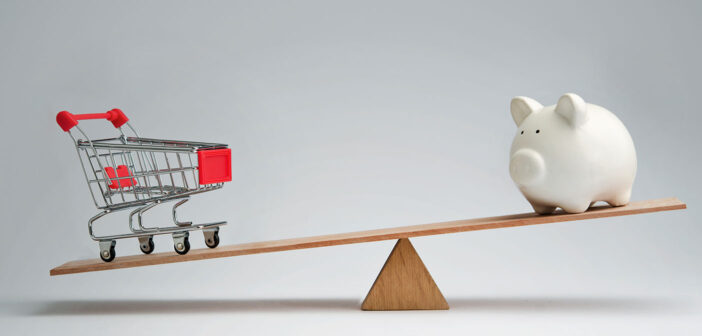Inflation is a concern. Consumer prices increased by nearly 6% between June and July, on an annualized basis. This means that if prices continued to increase at this rate for a year, then prices would be 6% higher by the end of the year. This is triple the average annual rate of inflation over the last 25 years!
Inflation is caused by an increase in the money supply, the proverbial “too much money chasing too few goods.” If the money supply increases faster than the economy’s production of goods and services does, then the purchasing power of each dollar falls. This means sellers will require more dollars than before for the good or service they are selling. In other words, prices rise – hence, inflation. Milton Friedman famously put it: “inflation is always and everywhere a monetary phenomenon.”
A counterargument people might point to is that the money supply substantially increased in response to the Great Recession a dozen years ago. Some economists worried about inflation then also; but those concerns did not materialize. Inflation remained at its historical average of around 2%. Thus, a belief is that the money supply can increase without generating inflation.
The difference between then and now is that during the Great Recession, this newly created money sat in the banking system as excess reserves, which is essentially just “cash in the vault.” Since this new money did not enter the broader economy in the form of spending, inflation did not occur. In contrast, the money created during the COVID crisis IS being spent. Much of the COVID relief, such as the three rounds of checks received by most Americans, was financed by money creation. Printing and spending money is the textbook recipe for inflation, which is why inflation is currently running at triple the 25-year average.
The question is: for how long will this inflation continue? The Federal Reserve and others claim that inflation will be transitory. “Transitory” is not well-defined, but I take it to mean that inflation will exceed its historical average for a short period of time before reverting to 2% or so. People often point to disruptions in the global supply chain as being the main culprit for inflation and thus, inflation will subside once these disruptions end. I believe this misunderstands the cause of inflation. Supply chain issues may cause price increases for the individual goods that are affected, but a persistent increase in prices across all goods and services is caused by money being created and spent.
Large, persistent budget deficits are the driver of this. So long as the federal government continues to run massive deficits that are monetized, meaning covered by newly-created money, inflation will be an issue. Deficits exceeding three trillion dollars are projected as far as the eye can see. The proposed infrastructure bill has a price tag of $1 while the “human infrastructure bill” has a $3.5 trillion one. Given these spending plans, I expect inflation to be permanent, not transitory.














